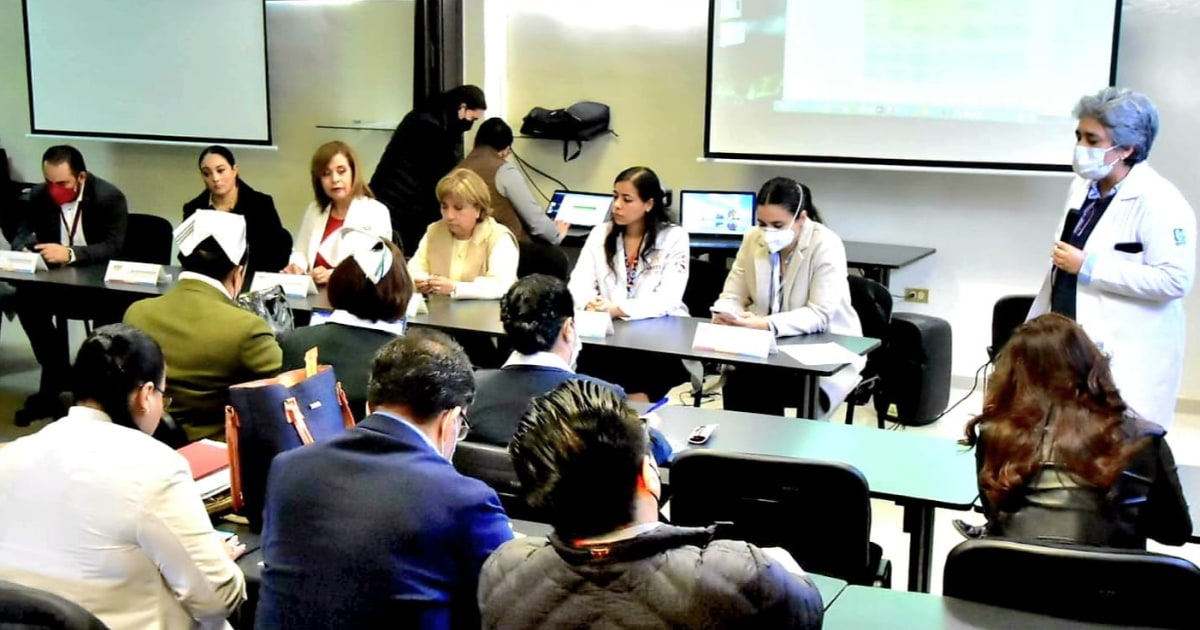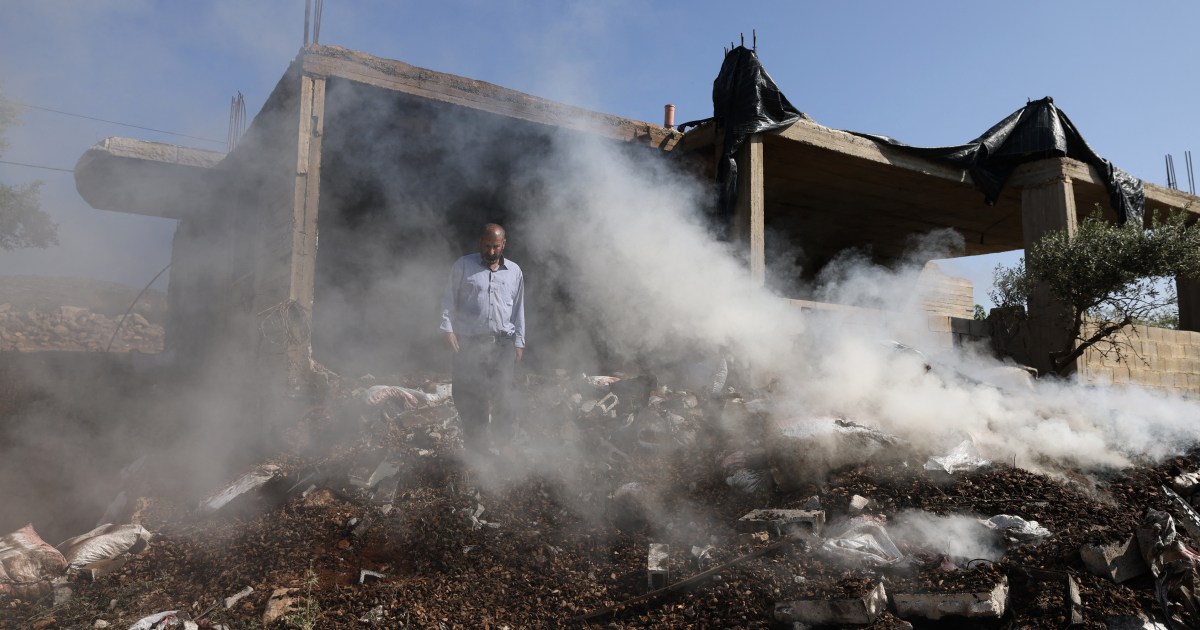At least 16 people have died in the state of Durango, in northern Mexico, due to an outbreak of aseptic meningitis that has health authorities on alert due to the high mortality rate of the disease.
Health authorities said the outbreak stemmed from an aggressive fungus present in several batches of bupivacaine, a local anesthetic used in Durango hospitals.
The Ministry of Health of that state said that 68 people have fallen ill so far, most of them women.
Among the 16 dead there is only one man.
Dr. Eder Zamarrón, an intensive care specialist at the MAC Tampico Hospital, told the newspaper El País that he believes that the infections will "easily reach around 100."
"The fungus is very aggressive despite treatment, mortality can exceed up to 50% of cases," he explained.
The health authorities assured that the disease was not "transmitted from person to person" (something typical of meningitis), but was spread directly to the central nervous system of those affected through anesthetic procedures.
Hospitals temporarily closed
The Ministry of Public Health of Mexico has not identified those responsible and has called not to launch unfounded hypotheses about the origin of the contaminated batches.
"It would be speculating to attribute the cases to the bottles used or stored or applied as anesthesia to patients," said the Undersecretary of Health, Hugo López-Gatell, adding that there is an ongoing investigation.
The Secretary of Health of Durango, Irasema Kondo, in a meeting with experts who formed a clinical care protocol for meningitis patients.
Ministry of Health of Durango
Aseptic meningitis is not transmitted from one person to another
but, according to El País, there is no record of how many patients received the anesthetic and were exposed to the fungus.
Researchers are monitoring everyone who has received the drug since March at any of the four affected hospitals.
These hospitals are Parque, Santé, Dikcava and San Carlos, all in the city of Durango and temporarily closed.
Several hospitals in the country were notified of the outbreaks as the pain reliever bupivacaine is distributed in other Mexican states. However, cases have only been reported in Durango.
bupivacaine.
“We can practically rule out that the drug is contaminated, unless it was contaminated at the site of use.
One of the most likely hypotheses is that to save resources they have reused the needles,” Alejandro Macias, a Mexican specialist in infections, told El País.
families demand
Relatives of some of the people infected with aseptic meningitis have filed a total of 40 lawsuits at the Durango Attorney General's Office.
The lawsuits name 60 patients, of whom 11 did not contract meningitis, but decided to file a complaint for having undergone surgery at the questioned medical centers.
Pediatric alert in California for the death of a sick child with two respiratory infections
Nov 15, 202200:30
Those who contracted the disease underwent surgical procedures in private hospitals, said Sonia Yadira de la Garza, state attorney general.
Garza said that the temporary closure of three hospitals that are mentioned in the complaints was ordered and medicines and 2,300 files relevant to the investigation were seized.
Meningitis is a disease that causes inflammation of the tissues that cover the brain and spinal cord.
And viral or aseptic (more common) meningitis is caused by infection with one or more types of viruses, according to the Centers for Disease Control and Prevention.
Meningitis can also be caused by infections with various types of bacteria or fungi.
Its symptoms are different in each person, but the most common are:
fever, severe headache, stiff neck, photophobia
(sensitivity to strong light), confusion and dizziness, nausea and vomiting.














